Xabi Alonso Dodges Ballon d'Or Talk, Keeps Eyes on Levante Clash
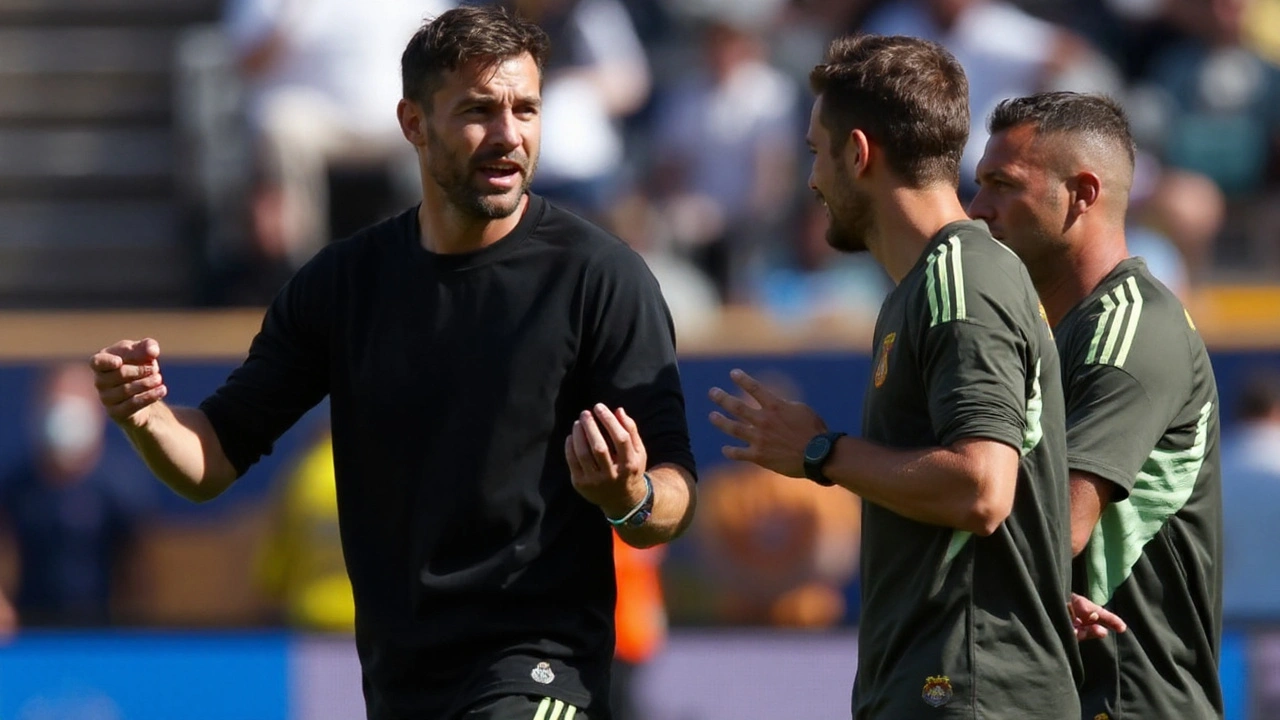
Alonso’s stance on the Ballon d'Or
During a routine press conference, Real Madrid’s head coach Xabi Alonso was asked which players might win the 2025 Ballon d'Or. He didn’t name anyone. Instead, he calmly said his job is about the team, not about who gets a shiny trophy. "I see a lot of football, but it’s not my issue," he told reporters, adding that he isn’t on the jury and has no vote to cast.
Alonso’s answer was polite but firm. He acknowledged the award’s prestige but quickly shifted the conversation back to the club’s immediate concerns. “We’ll see after the gala who the winner is, but I’m thinking more about Levante,” he said, making it clear his mind is on the next match, not on individual accolades.
Such a response fits with how Alonso has conducted himself since taking over at the Bernabéu. The former midfielder, who won the Ballon d'Or as a player in 2005, now prefers to let his players earn the spotlight on the pitch. By refusing to weigh in on the award, he avoids fueling rumors or adding pressure on any of his stars.
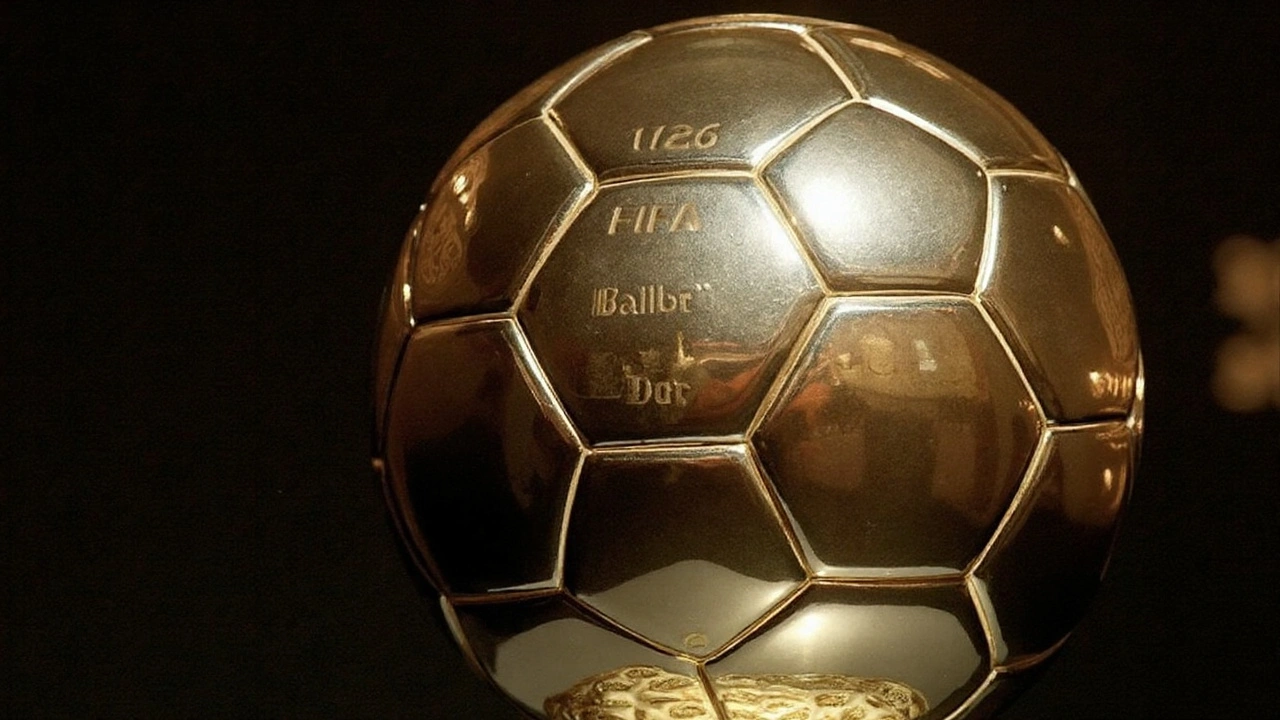
What it means for Real Madrid
The coach’s deflection sends a clear message to the squad: collective goals trump personal glory. In a club that has a history of producing Ballon d'Or winners, this approach can keep the locker room focused on the season’s objectives—winning La Liga, the Champions League, and every domestic cup in sight.
Alonso also used the moment to remind the media that the team’s next challenge is against Levante, a side that has proven tricky at times. By directing attention to the upcoming fixture, he underscores a tactical priority: preparing the squad for the specific threats Levante will pose, rather than getting lost in speculation about individual awards.
This philosophy mirrors the trend among top European coaches who view award chatter as a distraction. Pep Guardiola, Jürgen Klopp, and other big‑name managers often sidestep Ballon d'Or talk, preferring to keep the spotlight on their clubs’ performance. Alonso’s brief interview places him firmly in that camp.
Fans and pundits have already started debating who might lift the trophy—players like Karim Benzema, Luka Modrić, or rising stars from other leagues. Yet Alonso’s quiet refusal to join that conversation may actually amplify his credibility. It shows he trusts his players to let their game speak for itself, and it signals that any personal accolades will be a bonus, not a goal.
In the weeks ahead, Real Madrid will face a packed schedule that includes the Levante match, a crucial Champions League tie, and a domestic title race that never seems to slow down. Alonso’s focus on these concrete tasks suggests that the club’s strategy will remain rooted in teamwork, disciplined tactics, and a relentless pursuit of trophies.
Only time will tell if any Real Madrid player ends up with the coveted Ballon d'Or, but for now, the coach’s message is crystal clear: the club’s success comes first, and the award can wait.


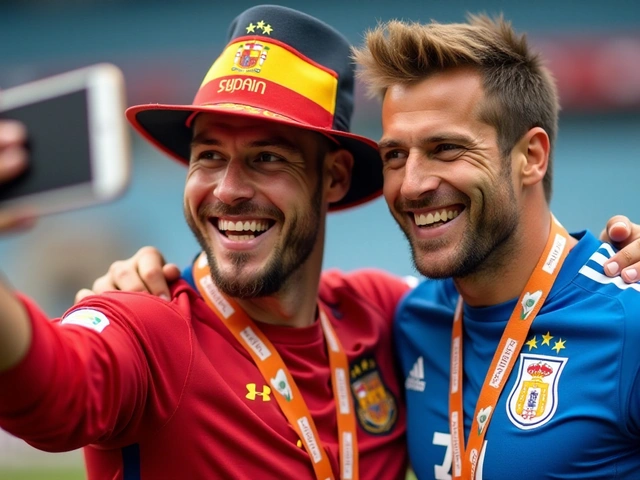
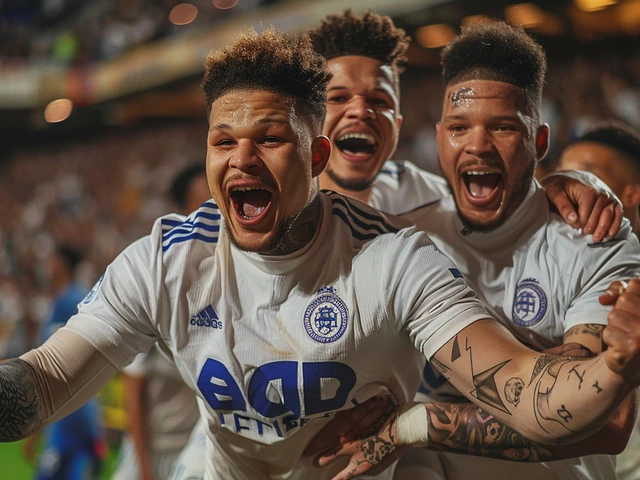

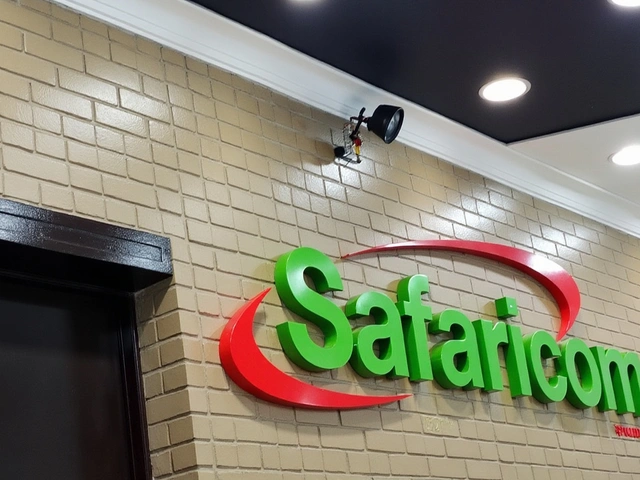
Gift OLUWASANMI
September 22, 2025 AT 23:45Alonso's dodge is just another squeaky‑wheel excuse to keep the press from gawking at his ego.
Keith Craft
October 1, 2025 AT 02:25When the camera lingered on his measured stare, the room seemed to hold its breath, as if the very soul of football trembled under the weight of unspoken expectations.
Kara Withers
October 9, 2025 AT 05:05Alonso’s decision to sidestep the Ballon d'Or chatter aligns with a growing trend among top coaches to keep the focus on collective performance rather than individual accolades. He reminded everyone that the upcoming Levante game is the real priority, not speculative award talks. This helps maintain squad harmony and avoids inflating ego‑driven narratives that could disrupt the dressing‑room atmosphere.
boy george
October 17, 2025 AT 07:45Indeed the modest tone reinforces the principle that trophies are earned on the pitch not by pundit polls.
Cheryl Dixon
October 25, 2025 AT 10:25One could argue that by refusing to name potential winners, Alonso is performing a subtle philosophical gesture: he elevates the idea of sport above the cult of the individual. In doing so he mirrors the Stoic belief that external honors are fleeting, while the virtue of teamwork endures. Whether this is genuine or a tactical veil, it certainly adds a layer of intrigue to his public persona.
Charlotte Louise Brazier
November 2, 2025 AT 12:05Let's be clear: keeping the squad focused on Levante is a tactical masterstroke. Distractions about personal awards can fracture a locker room, especially in a club as star‑laden as Real. By drawing attention back to the immediate opponent, Alonso safeguards the collective mindset. This kind of disciplined leadership is exactly what champions need.
Donny Evason
November 10, 2025 AT 14:45From a cultural standpoint, Alonso's silence on the Ballon d’Or echoes the broader European coaching philosophy that the game itself should be the headline. It’s a subtle reminder that football belongs to the fans and the field, not to glittering statues. This approach can also serve as a unifying narrative for supporters across Spain and beyond.
Phillip Cullinane
November 18, 2025 AT 17:25Analyzing the tactical implications of Alonso’s interview reveals a layered communication strategy that transcends mere media management. By explicitly redirecting focus to the Levante fixture, he initiates a cognitive framing effect, priming both players and analysts to prioritize concrete match‑specific variables such as pressing intensity, transitional width, and defensive compactness. Moreover, this redirection mitigates the risk of cognitive overload that can arise when a squad is bombarded with extraneous narratives about individual accolades, which research in sports psychology suggests can erode collective efficacy. In operational terms, the coaching staff can now allocate more rehearsal time to set‑piece scenarios tailored to Levante’s known defensive tendencies, rather than expending precious training minutes on hypothetical discussions about potential Ballon d’Or candidates. Additionally, this stance reinforces an internal hierarchy where the manager’s agenda supersedes media speculation, thereby cementing authority and preserving the legitimacy of the coaching framework. From a performance analytics perspective, the data collection focus will likely shift toward metrics such as expected goals (xG) against Levante’s defensive line, high‑press success rates, and opponent transition speed, rather than monitoring individual player hype indices. This data‑driven emphasis on team‑oriented KPIs aligns with contemporary best practices in elite football clubs that prioritize collective output over singular brilliance. Psychologically, players receive a clear signal that the club values teamwork, which can boost intrinsic motivation and promote a self‑determination environment. In sum, Alonso’s ostensibly simple comment functions as a strategic lever, aligning communication, tactical preparation, psychological conditioning, and data analytics toward the singular objective of winning the upcoming match, while simultaneously safeguarding the squad’s cohesion against the destabilizing allure of individual award chatter.
Janie Siernos
November 26, 2025 AT 20:05It’s a classic case of a manager hiding behind vague platitudes to avoid the spotlight.
joy mukherjee
December 4, 2025 AT 22:45Alonso’s focus on Levante feels refreshingly pragmatic 😊. By steering clear of award speculation, he preserves the team’s mental bandwidth for the challenges ahead. It’s a subtle reminder that football is ultimately a collective effort, not a one‑man show.
Rob Chapman
December 13, 2025 AT 01:25Keeping the squad’s eyes on the next opponent is the hallmark of a seasoned leader. This mindset helps prevent distractions and keeps morale high.
Delaney Lynch
December 21, 2025 AT 04:05Indeed, by sidestepping the Ballon d'Or chatter, Alonso reinforces the principle that the locker‑room should be a sanctuary for teamwork!!! This approach mitigates the risk of individual ego eclipsing the group dynamic!!!
Nicholas Mangraviti
December 29, 2025 AT 06:45Focus on the match, not the trophy talk.
Jared Greenwood
January 6, 2026 AT 09:25From a nationalist perspective, the club’s priority should be domestic dominance; the Ballon d’Or conversation is a distraction that weakens our competitive edge in the league.
Sally Sparrow
January 14, 2026 AT 12:05Alonso’s evasive answer simply underscores his inability to engage with the real story: the hierarchy of talent at Real Madrid is being deliberately downplayed to avoid internal power struggles.
Eric Yee
January 22, 2026 AT 14:45Skipping the award hype keeps the vibe chill, letting the fans just enjoy the game.
Sohila Sandher
January 30, 2026 AT 17:25Yeh, focus. If we keep our heads on the levante game, the result will be great. No need for ballon d’or talk that can mess up the bair.
Anthony Morgano
February 7, 2026 AT 20:05Great point! Alonso’s choice to keep the discussion grounded in the upcoming fixture shows a mature perspective that benefits everyone involved 😊.